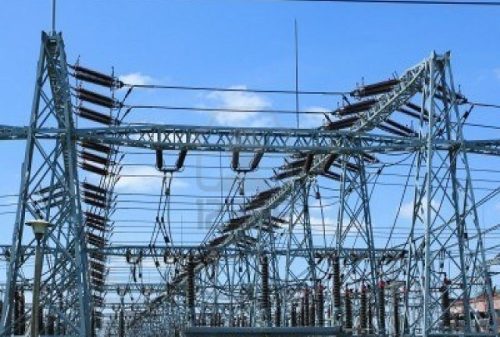By Hosea Parah, Abuja
The Association of Nigerian Electricity Distributors (ANED) has cautioned against abrupt electricity tariff reductions without due consideration of the nation’s electricity market structure and economic realities, following the Enugu State Electricity Regulatory Commission’s (EERC) recent decision to slash tariffs for Band A customers to ₦160/kWh.
In a statement signed by the Managing Director and CEO of ANED, Barr. Sunday Oduntan, the association expressed concern over what it described as an “uncoordinated” move by EERC, which has triggered mounting pressure on Electricity Distribution Companies (DisCos) across other states to follow suit.
“The recent tariff reduction by the Enugu State Electricity Regulatory Commission (EERC)… raises significant concerns for the stability and liquidity of the Nigerian Electricity Supply Industry (NESI),” the statement reads.
According to Oduntan, customers in various states have begun refusing to pay their electricity bills, demanding similar reductions. He emphasized that while DisCos share in the goal of making power more affordable over time, the current tariffs reflect the actual cost of power supply, and any downward adjustment must be transparently funded to avoid deepening the sector’s already dire liquidity crisis.
Oduntan noted that the EERC appears to be relying on federal subsidy policy to support the tariff cut, but warned that unfunded or delayed subsidies would further destabilize the market. He highlighted that the Federal Government currently owes power generation companies (GenCos) and gas suppliers nearly ₦5 trillion, with subsidy payments severely delayed.
“Subsidies must be transparently structured and promptly funded. Delayed or unfunded subsidies create cashflow disruptions, undermine market confidence, and deepen the existing liquidity crisis,” Oduntan warned.
He also referenced recent comments by the Minister of Power, Chief Bayo Adelabu, who stated that states opting to reduce tariffs must bear the financial consequences and be prepared to fund the resulting subsidy gaps.
Oduntan stressed that despite reforms enabling states to manage their electricity markets, the sector remains centrally coordinated in areas like bulk power purchases, transmission, and settlements—making unilateral decisions potentially harmful to market balance.
The DisCos are calling for the following key measures to preserve the integrity of the power sector:
Stronger coordination between the Ministry of Power, the Nigerian Electricity Regulatory Commission (NERC), and State regulators.
A transparent, targeted, and fully funded subsidy framework.
Timely disbursement of subsidy payments to improve liquidity and ensure prompt payment of market invoices.
“While the goal of making electricity more affordable is shared by all, it must be pursued in a manner that preserves the financial health of the market, encourages long-term investment, and avoids policies that could erode progress,” the statement concluded.
The warning comes amid mounting concern about the sustainability of Nigeria’s power sector, where chronic underfunding, infrastructure challenges, and regulatory misalignments continue to hamper efforts to deliver stable and affordable electricity to Nigerians.

